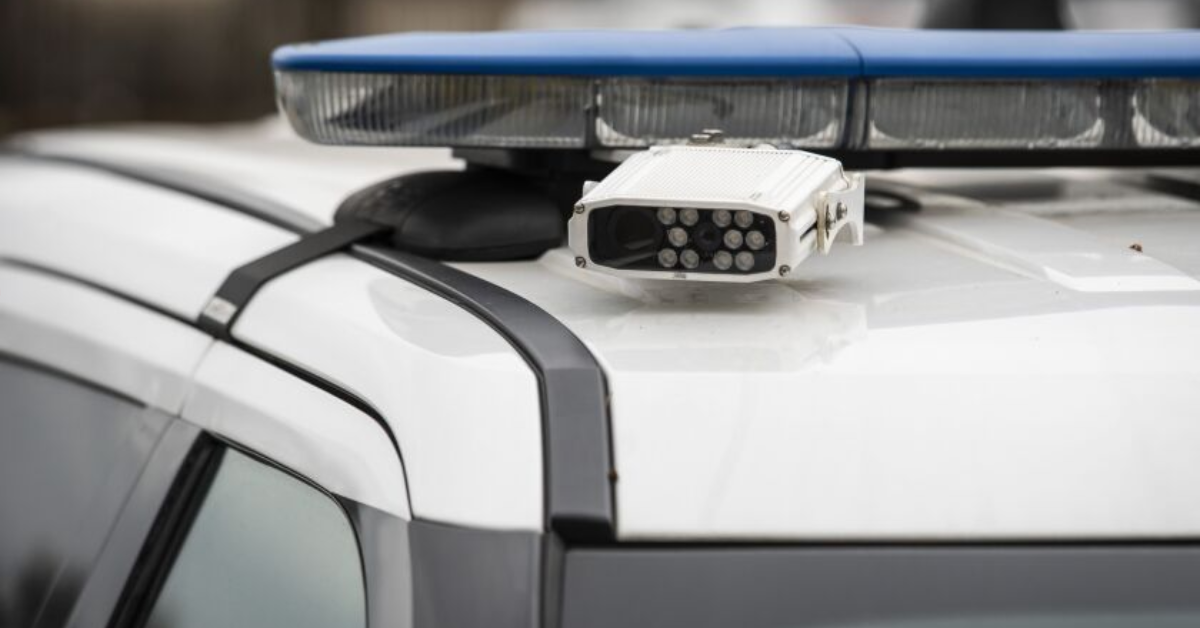
License plate readers (LPRs) have become common tools used by law enforcement across the United States. These devices scan and collect data from vehicles’ license plates, helping to track stolen cars or solve crimes. However, concerns are growing about how the collected information might be misused or stored without proper controls.
As LPRs collect sensitive information about a person’s movements, some lawmakers are now considering regulations to prevent misuse and protect citizens’ privacy. The goal is to strike a balance between effective policing and safeguarding personal data from being exploited.
What Are License Plate Readers and How Do They Work?
License plate readers are camera systems that automatically capture images of vehicle license plates. These devices use optical character recognition (OCR) technology to convert the images into digital data, which can then be checked against databases. Police departments use LPRs for various purposes like identifying stolen vehicles, tracking suspects, or enforcing parking regulations.
However, it’s important to know that LPRs collect a lot of information, including where and when the vehicle was at a certain location. If this data is stored for long periods or shared improperly, it could invade the privacy of innocent people who have done nothing wrong.
Concerns Over Privacy and Data Security
The biggest worry about license plate readers is how the data they collect is managed. Without clear rules, this information could be used in ways that threaten individual privacy. For example, tracking a person’s daily movements without a valid reason could lead to unwanted surveillance.
Some reports highlight cases where the data collected by LPRs was accessed by unauthorized individuals or was used for non-law enforcement purposes. The Electronic Frontier Foundation (EFF) has raised concerns about LPRs, emphasizing the need for strict regulations to limit data retention and sharing (EFF on LPR regulations).
Lawmakers’ Proposals for Regulating LPR Use
In response to privacy concerns, some lawmakers are proposing bills to regulate how license plate readers operate. These proposed laws often focus on limiting how long data can be kept, who can access it, and requiring transparency about how data is used.
One example is a bill introduced in some states that aims to set clear limits on data retention, such as keeping data only for a certain number of days unless related to an active investigation. There is also a push for requiring law enforcement to disclose their policies regarding LPR use to the public, making the process more transparent.
According to the Brennan Center for Justice, clear policies on LPR use can protect citizens’ privacy while still allowing police to use the technology effectively.
How This Affects Everyday Citizens and Why It’s Important
For everyday people, stricter laws around license plate readers mean their movements won’t be recorded and stored indefinitely without good reason. This gives individuals peace of mind that their personal travel habits are not being secretly tracked or sold to third parties.
Regulations can also help prevent abuse by restricting third parties, like private companies or other agencies, from accessing or using this sensitive data inappropriately. In a world where data is increasingly valuable, protecting it is fundamental to preventing misuse that could harm citizens.
What Role Can Citizens Play?
Citizens can stay informed about how LPRs are used by their local police and participate in public discussions or hearings about proposed regulations. Asking questions and demanding transparency encourages governments to adopt privacy-friendly policies.
Additionally, spreading awareness about the potential risks of unregulated license plate readers helps build support for smarter, fairer policies that protect privacy while ensuring public safety.
Conclusion
License plate readers are powerful tools that aid law enforcement but come with privacy risks that cannot be ignored. Lawmakers considering regulations are trying to find a fair balance that protects your private data while keeping communities safe.









